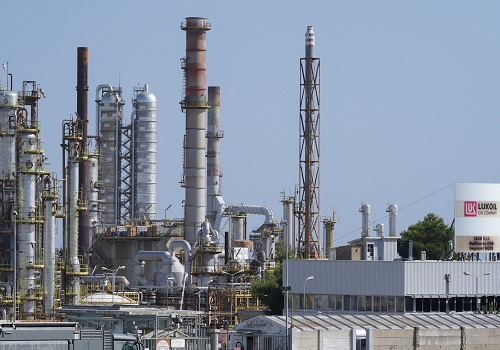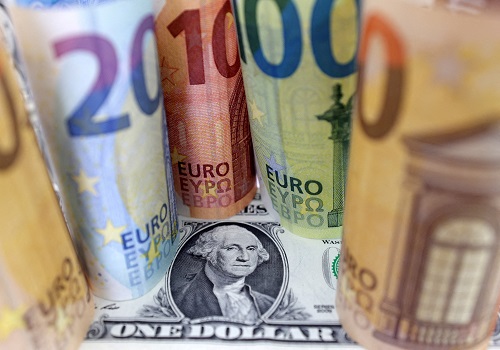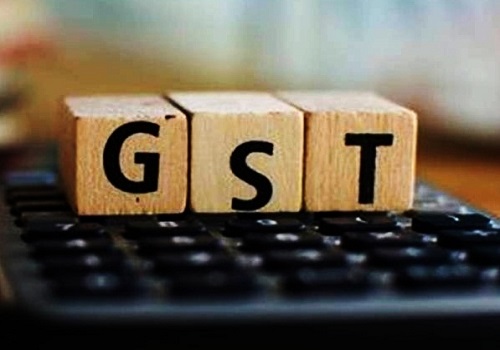S&P Global Commodity Insights: Asia prepares for two-way oil product flows as EU ban, price cap take effect

Follow us Now on Telegram ! Get daily 10 - 12 important updates on Business, Finance and Investment. Join our Telegram Channel
Asia is preparing to see more Russian oil products flowing into the region following the EU ban that came into effect Feb. 5, while the supply squeeze in the West will create ample opportunities for Asian refiners to cater to those requirements and reap lofty margins. However, shipping costs and logistics will pose challenges as long-haul product shipments in relatively small tankers all the way from Asia to destinations in regions such as Europe may not be viable commercial options unless the arbitrage window is wide enough.
The G7 announced Feb. 3 that it will impose price caps of $100/b on imports of Russian products that typically trade at a premium to crude, such as diesel, kerosene and gasoline, and $45/b on products like fuel oil that generally trade at a discount to crude.
"The EU products ban will increase Russian refined product outflows to Asia. But the supply gap in the West will create price incentive to pull barrels from the East of Suez region," said Wang Zhuwei, S&P Global Commodity Insights' Asia oil analytics manager". New VLCCs coming out of shipyards can carry clean products, underpinning two-way trade -- that is Asian diesel to Europe and backhaul Russian diesel to Asia," he added.
China and India
Europe has traditionally relied heavily on Russia for distillates, with the region importing an average of 750,000 b/d of diesel from Russia in 2021, according to data from S&P Global.
Some analysts expect that only a part of those displaced Russian product cargoes would get diverted to Asia.
"In India, it won't be a surprise to see the country's refiners increasing diesel exports to Europe as they put more emphasis on diesel production to take advantage of high margins and increased demand from the US and Europe," said Sumit Ritolia, senior South Asia oil analyst at S&P Global.












 320-x-100_uti_gold.jpg" alt="Advertisement">
320-x-100_uti_gold.jpg" alt="Advertisement">












